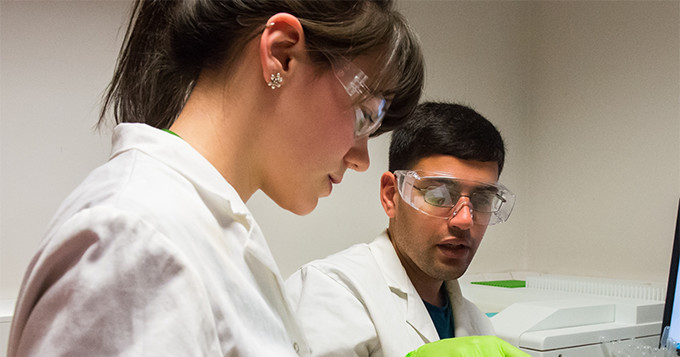
Government failing a generation of young people
The House of Lords Social Mobility Committee report on improving young people’s transitions to work has concluded that there remains a “culture of inequality” between vocational and academic routes into work.
The report acknowledges our concerns that the qualification system and in particular non-academic routes into employment are “complex and incoherent, with confusing incentives for young people and employers”.
The Science Council said similar tax breaks could be offered to those who offer traineeships as to those who offer apprenticeships (such as the non-payment of national insurance contributions if under 25)
House of Lords Social Mobility Committee, 2016
Reiterating the Science Council’s proposal for a wider number of routes into science training and careers, the report calls for greater provision for young people who are not ready to undertake either an apprenticeship or academic route to be prepared for and supported into the transition into employment.
Key recommendations
- Government should design a more coherent policy for young people’s transition into employment
- Cabinet-level minister should assume responsibility for the transition framework and report progress annually to Parliament
- Establish a ‘gold standard’ independent careers advice and guidance, supported by a robust evidence base and drawing on existing expertise
- Government should act as a broker to facilitate collaborative partnerships between different organisations
- Commission analysis of increasing funding for careers education in school and independent, external careers guidance
Science Council reaction
On apprenticeships…
The Committee’s findings chime with much that the Science Council has heard from its members in recent years. We have long recognised the urgent need to address issues of the perception, take up and quality assurance of non-graduate pathways, and in particular apprenticeships. We welcome the government’s continued focus on apprenticeships. However, this must be on quality as well as quantity.
On widening routes into science education and training
It is welcome that the Committee recognises that there is scope for qualifications to support young people who are not ready to undertake an apprenticeship or enter higher education. We know that employers are crying out for high-level technical and practical skills. Traineeships in science could provide the necessary launch pad for young people to gain essential core practical and technical skills and experience before they decide to progress further.
On careers information…
If young people make poorly informed choices, they may find at a later stage that the qualifications they have chosen close down potential career pathways.
At a time when young people are expected to make an increasing financial contribution towards their education and training, it is crucial that they are able to access accurate information, advice and guidance to inform their choices.
If you are a professionally registered scientist and have an interest in science policy we want to hear from you. Please contact Oli O’Hanlon to find out more how you can contribute to the Science Council’s policy activities.
